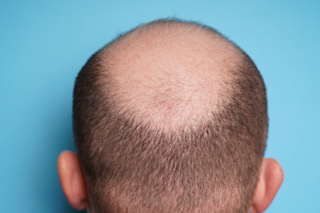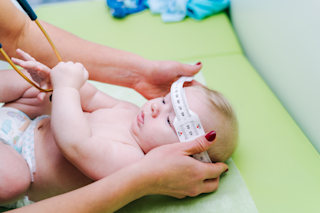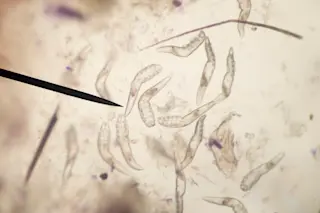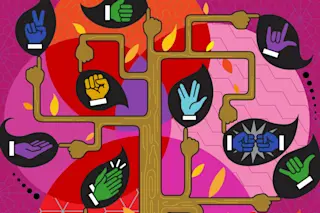We’ve long been warned about the evils of a genetically-engineered society full of designer babies selected for perfection. Now, a New York Timesessay describes a counterintuitive finding from a survey of clinics that perform genetic screening: some are using genetic tests specifically to select embryos that will be born with diseases or disabilities. Yes, you read correctly. Some parents want to make sure their children have the same genetic condition they do. The Fertility and Sterilitystudy asked clinics around the country what types of preimplantation genetic diagnosis, or PGD, they offer. Not surprisingly, most clinics provide testing that helps parents avoid implanting embryos with debilitating diseases. For example, 93% test for aneuploidy—an abnormal number of chromosomes, which can lead to miscarriages or cause diseases like Down Syndrome—and 82% test for single-gene disorders like Tay-Sachs disease and sickle cell anemia. 42% of respondents allow parents to determine the sex of their child for non-medical reasons, which may raise more than a few eyebrows. But the most striking find was revealed in two sentences of the 12-page report:
Some prospective parents have sought PGD to select an embryo for the presence of a particular disease or disability, such as deafness, in order that the child would share that characteristic with the parents. Three percent of IVF-PGD clinics report having provided PGD to couples who seek to use PGD in this manner.
Whoa. The Times essay describes parents who view certain genetic conditions, like deafness or dwarfism, not as disabilities but “as a way to enter into a rich, shared culture.” Certainly, our society is finally beginning to acknowledge that some conditions commonly referred to as “defects” (to quote the Times’ headline) are just differences along the wide spectrum of human genetic variation, and tight-knit, vibrant communities like Gallaudet University testify to the bonds these parents hope their children will enjoy. But in a world where living with certain differences can still pose a very real challenge, should they be intentionally imposed on anyone? Would parents who made a conscious decision to do so feel comfortable sharing that decision with their kids? And do those of us who aren’t bona fide members of that “shared culture” have any right to ask these kinds of questions?













